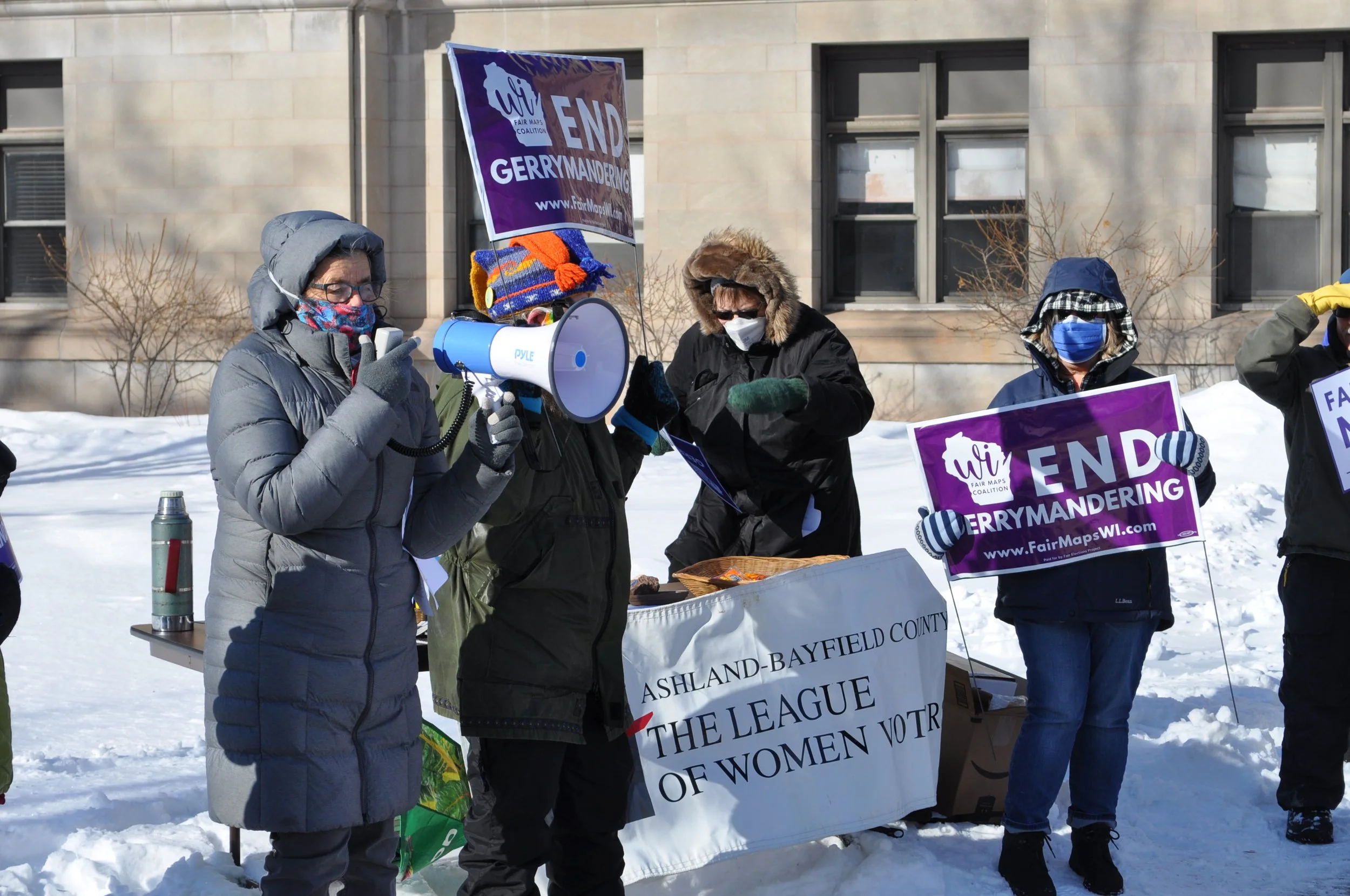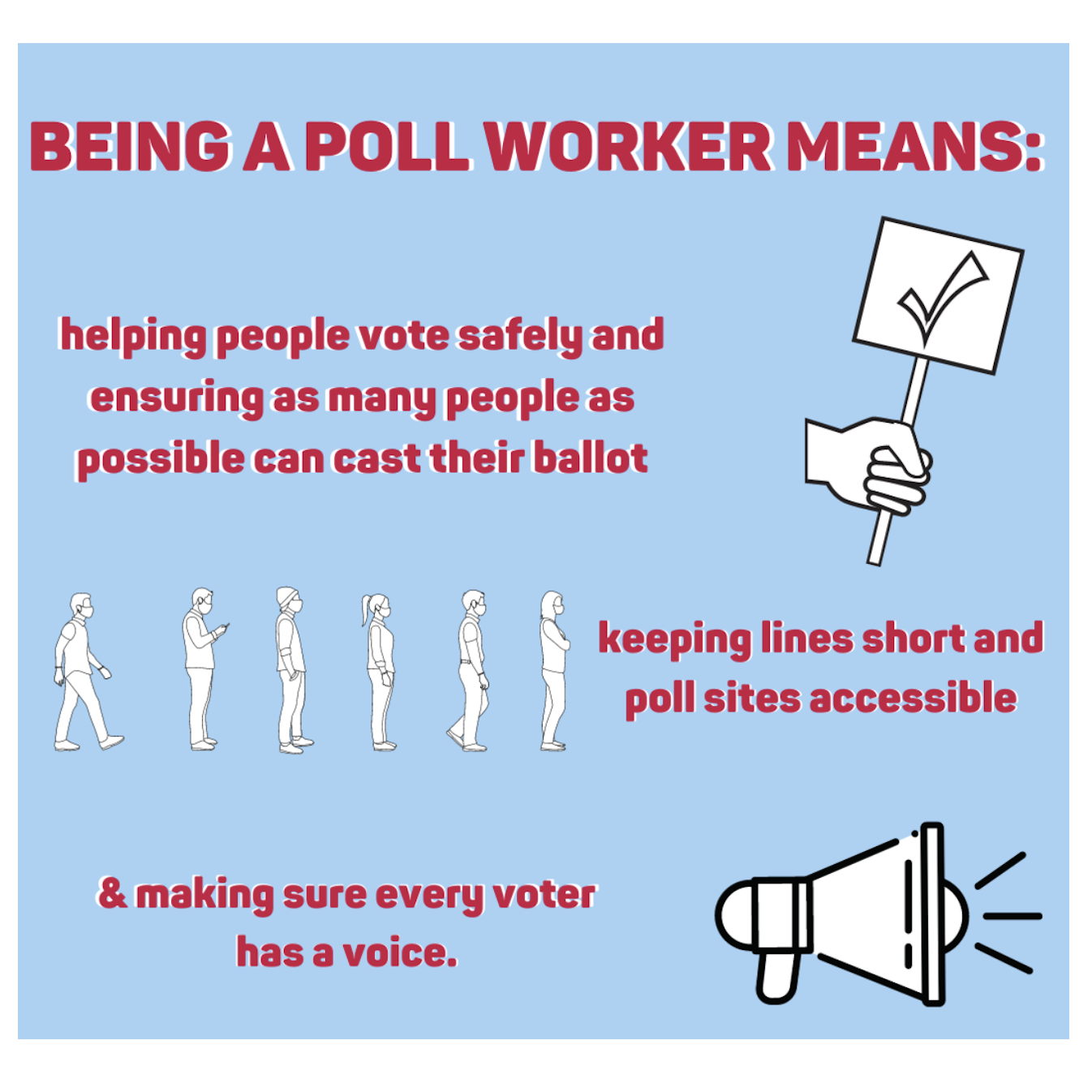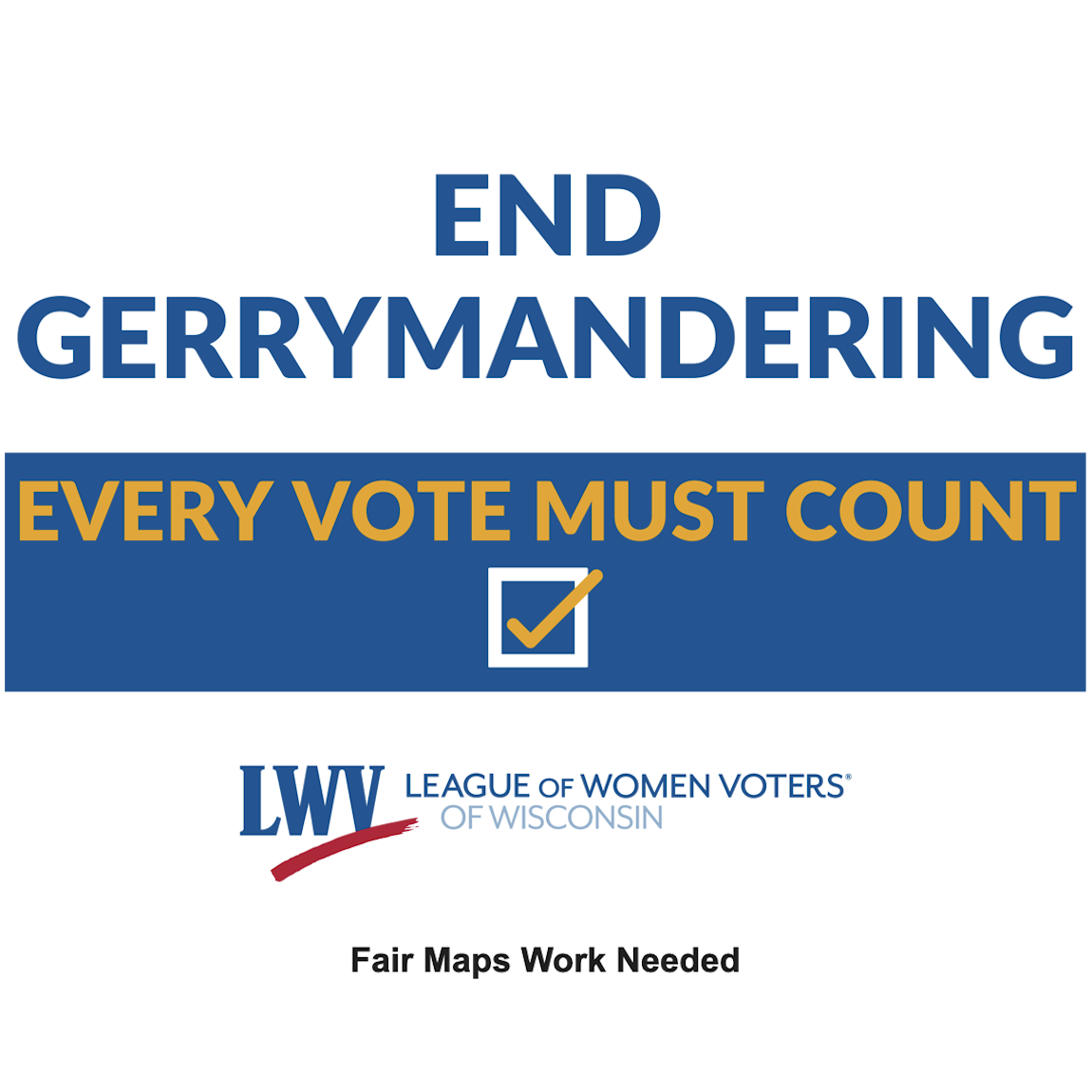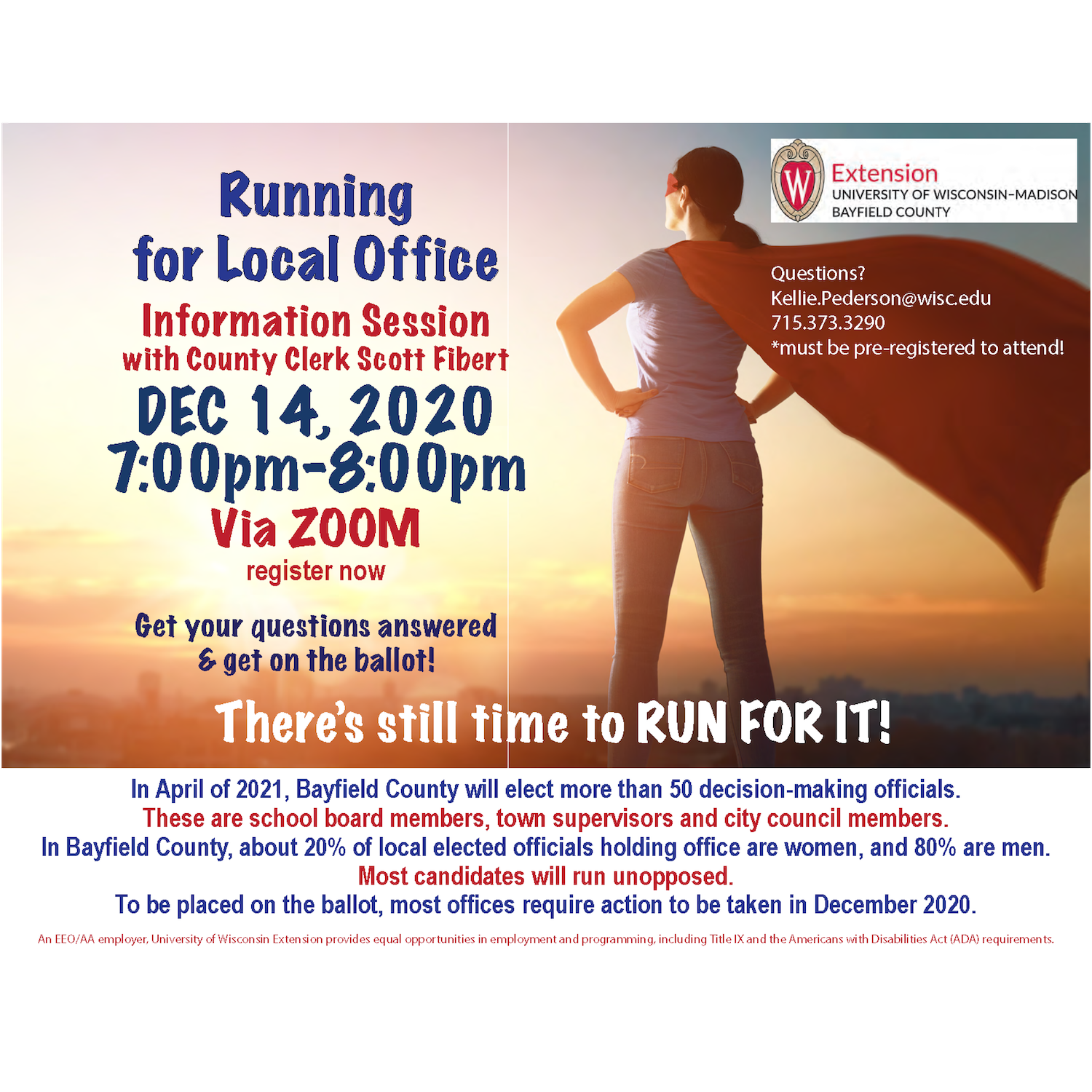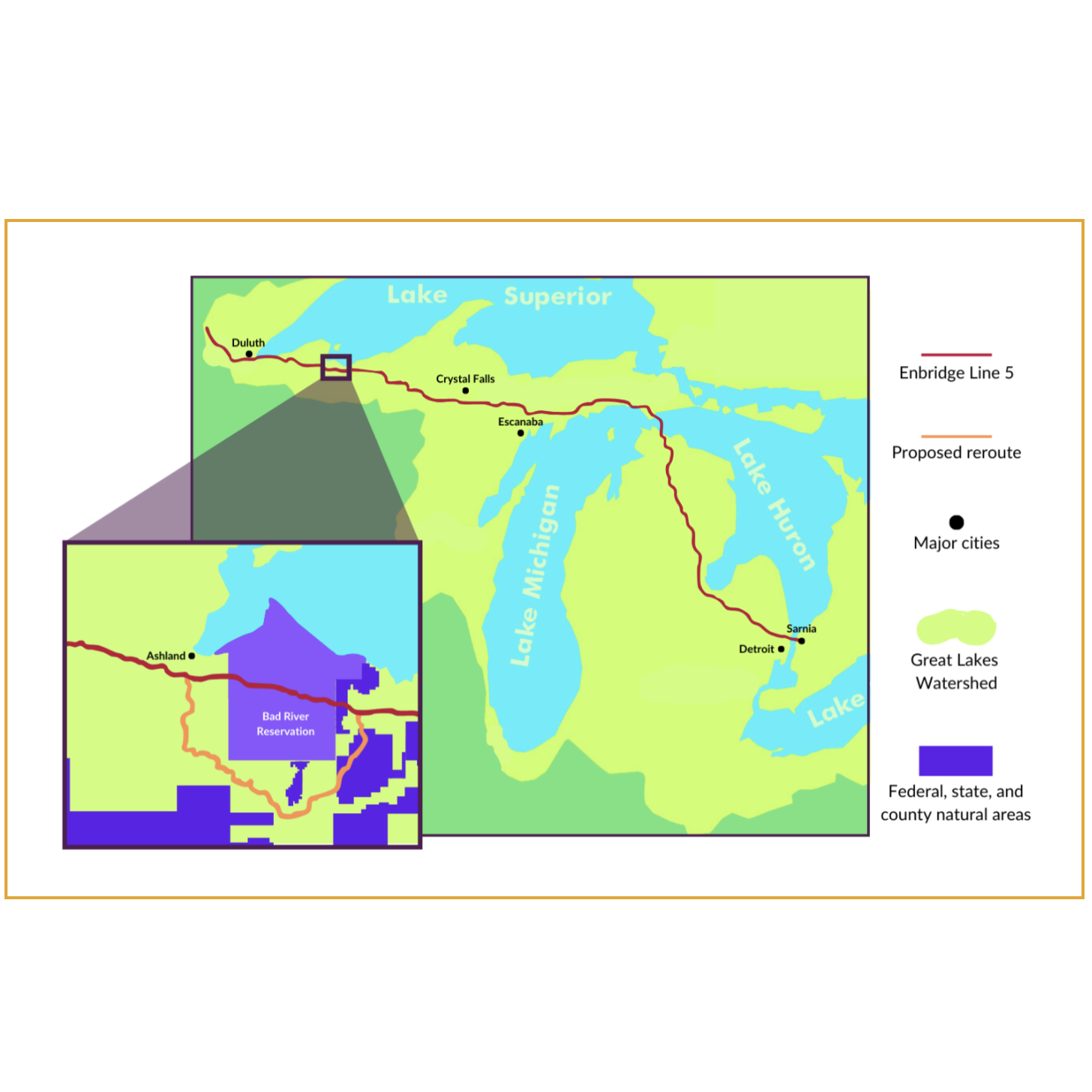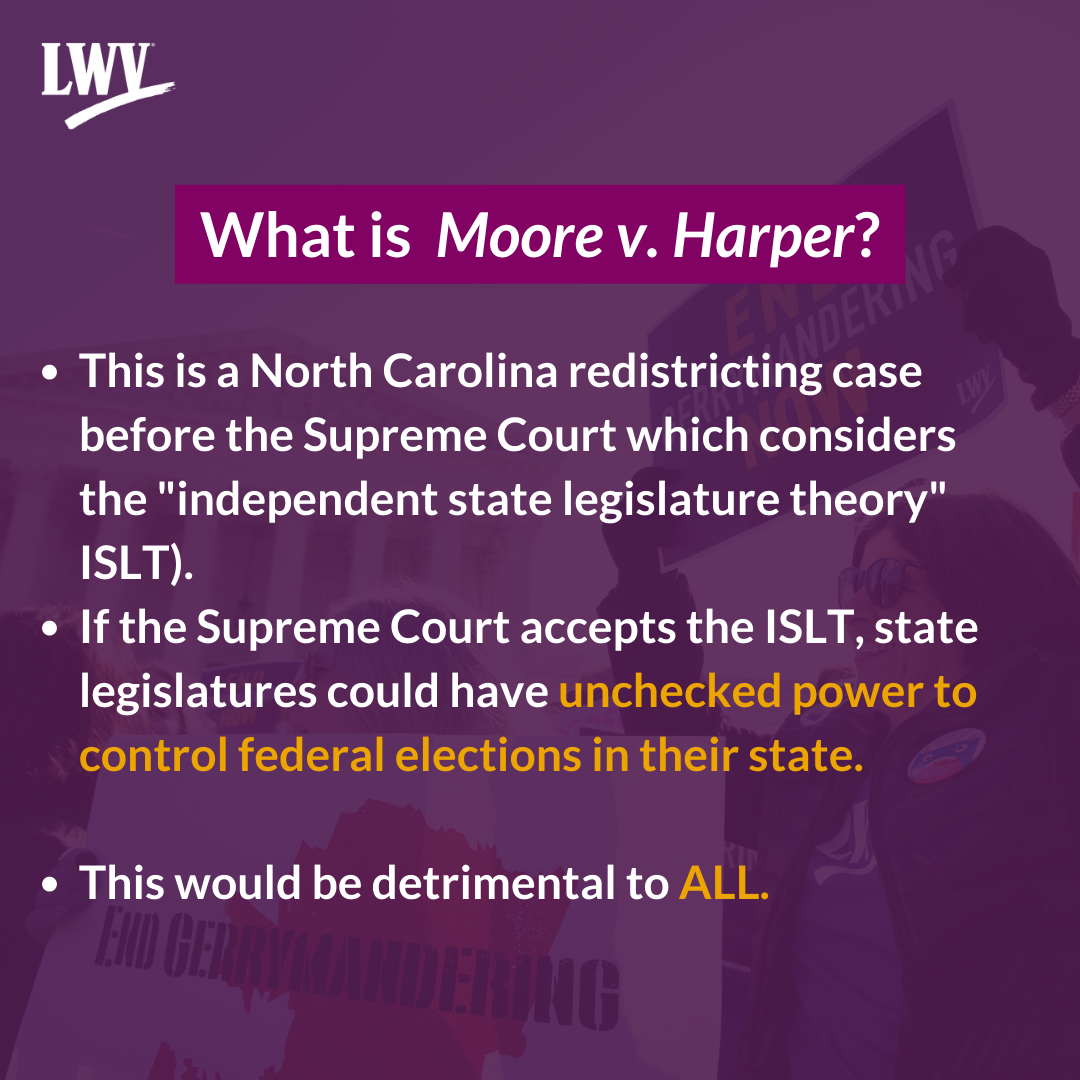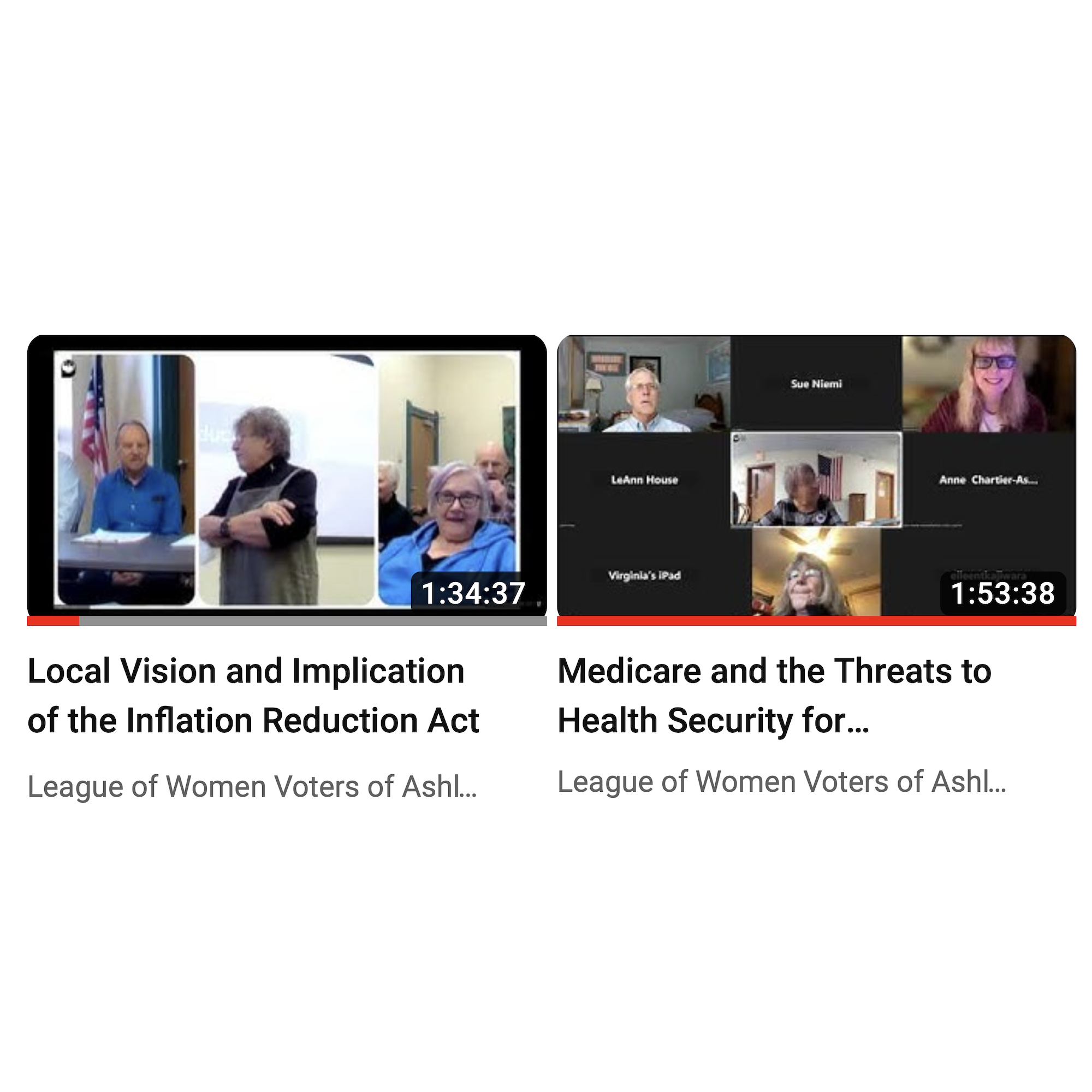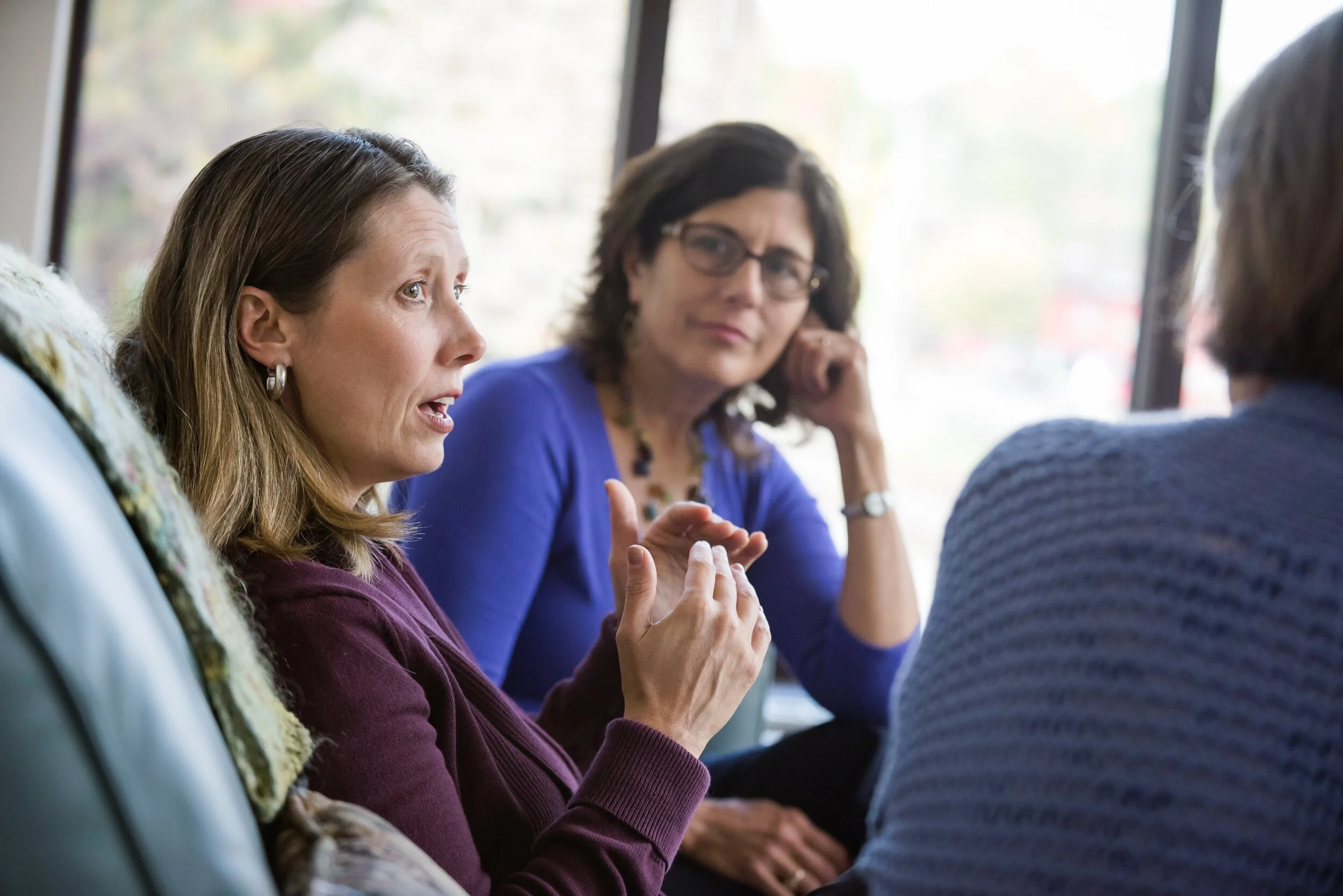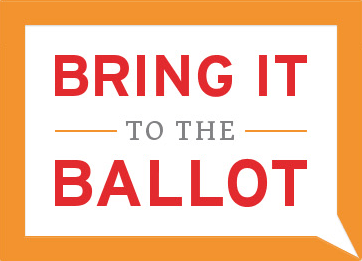Helpful Websites
The Wisconsin Elections Commission is a regulatory agency of the State of Wisconsin established on June 30, 2016 to administer and enforce election laws in the state. The Wisconsin Ethics Commission was also created to administer campaign finance, ethics and lobbying laws. The two commissions replaced the previous Wisconsin Government Accountability Board (GAB)
The Voter Information Center on the WEC site — Welcome, Wisconsin Voters! Everything you need to know about voting starts here!
On September 17, 2012, the Wisconsin Government Accountability Board launched the new voter services website called My Vote Wisconsin, which replaces the system formerly known as Voter Public Access and its functions.
My Vote Wisconsin is an online tool and resource where electors can register to vote, change their voter registration, and complete an absentee ballot request. Electors can also get voting information, such as election and polling place location information, sample ballots, clerk and office holder information, absentee ballot status, voting history, and provisional ballot status.
Along with other voter information and resources, the new site will permit military and permanent overseas voters to apply for and receive the appropriate ballot for their voting jurisdiction online.
Electors who cannot find registration information about themselves in My Vote Wisconsin should contact the appropriate office to make sure they are properly registered to vote. Electors are required to be registered to vote in the municipality where they reside in order to vote in that same municipality.
Bring It To The Ballot
The Bring It To The Ballot website explains everything you need to know about Photo ID’s required to vote in Wisconsin.
Launched by the national League of Women Voters Education Fund (LWVEF) in October of 2006, VOTE411.org is a "one-stop-shop" for election-related information. It provides nonpartisan information to the public with both general and state-specific information on the following aspects of the election process:
Absentee ballot information
Ballot measure information (where applicable)
Early voting options (where applicable)
Election dates
Factual data on candidates in various federal, state and local races
General information on such topics as how to watch debates with a critical eye
ID requirements
Polling place locations
Registration deadlines
Voter qualifications
Voter registration forms
Voting machines
An important component of VOTE411.org is the polling place locator, which enables users to type in their address and retrieve the poll location for the voting precinct in which that address is located. The League has found that this is among the most sought after information in the immediate days leading up to, and on, Election Day.
The Ask. Learn. Vote! initiative is coordinated and managed by the Wisconsin Alliance for Women’s Health. This initiative was developed as a collective effort to help Wisconsin women appreciate their opportunity to make a difference through their vote. This effort is a 501 c3, nonpartisan effort that simply helps women be equipped to be an informed voter this fall. The site includes:
Sample questions to ask your candidate
Voting records of state legislators
List of candidates running for office
Links to candidates’ social media sites
Wisconsin Vote is a service of Wisconsin Public Television and Wisconsin Public Radio and is updated during election season. Content for this website comes from WPT and WPR broadcasts as well as other state and national news and information sources.
Project Vote Smart was born of an awareness of the changing character and conduct of politicians and political campaigns over the course of the past few decades. Political leaders of both parties—Ford, Carter, Goldwater, McGovern, Frenzel, Leach, Ferraro, Proxmire, Hatfield etc.—and members of groups like the League of Women Voters, Common Cause and the American Taxpayers Union, along with third party leaders like the Libertarian, Green and Natural Law Parties have recognized that "factions" are more able to twist truth and effectively frustrate the people's ability to be informed.
A remedy was required, so Project Vote Smart's founders created a process that remains at the heart of Project Vote Smart today: an attempt to acquire from each candidate, with or without their cooperation, a detailed application of employment. Since campaigns are essentially a candidate’s application for employment, Project Vote Smart works to gather the same kind of information that an employer would insist upon from a job applicant:
Background and education (from both the political candidate’s own words, and from secondary sources).
References (research the people/groups funding campaigns).
Evaluations of previous work experience (investigate and collect information from the over 300 conservative-to-liberal special interests who do evaluations of a candidate’s performance as it applies to the organization’s selfish interests).
Previous job performance (collect voting records and categorize them by subject).
Applicant interviews about the work they will be expected to perform (interview the candidate on the issues that polls have shown are of interest to their employers (the voters) and that would most likely confront the applicant if hired (elected); also measure the degree to which a candidate refuses to provide such information—an attitude unique to applicants for political positions and amazingly acceptable to those hiring them).





































